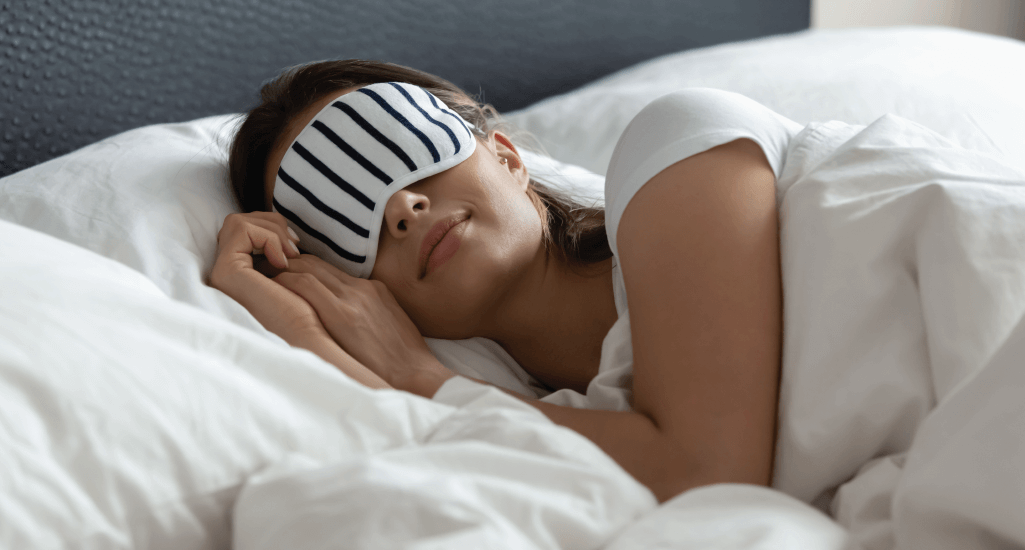
How to Sleep with TMJ: Tips for a Restful Night
Is jaw pain or TMJ/TMD making it difficult to sleep? Find relief with these tips from Chiro One’s own chiropractors.

Sleep apnea is a sleep disorder characterized by shallow breathing or repeated bouts of stop-and-start
breathing. There are three main forms: obstructive sleep apnea (OSA), characterized by a blockage in the airway, frequently the tongue; central sleep apnea, when the brain doesn’t send adequate signals to the muscles that control breathing; and complex sleep apnea, which is a combination of both.
Without enough oxygen getting to the rest of the body, this condition opens the gates for a lot of future complications. Untreated, sleep apnea can lead to:
Sleep apnea has many warning signs, but some of the most obvious are incessant or loud snoring, choking during sleep or when waking, headaches, forgetfulness, mood swings, night sweats, restlessness and trouble waking up in the morning. If you suspect you may be suffering from sleep apnea, head over to your MD to request a sleep study. Keep a journal of your symptoms so you can be as specific as possible!
Sleep apnea can affect anyone—children, adults and seniors alike—but certain factors are more likely to put you at risk. Being overweight, having a naturally narrow airway, a family history of sleep apnea, alcohol use, pain meds like narcotics and opioids and smoking can all factor in.

So, does that mean you’ve got a future of sleep assistance machines (commonly known as CPAP) and
medication on your hands? Not necessarily. In fact, a recent case study found that corrective chiropractic care and diet changes could positively impact a patient’s condition. After three months of routine chiropractic adjustments on a patient who’d been suffering for five years with sleep apnea, researchers saw a complete resolution of OSA symptoms and overall health, including increased energy, decreased drowsiness and even a full night of sleep without a CPAP machine.
If your doctor has diagnosed you with sleep apnea, consider sitting down for a conversation with your
chiropractor—they’ll be more than happy to help you find ways to manage your condition! Using the
chiropractic adjustment, your chiropractor will work to eliminate misalignments in the spine. This allows the brain to communicate better with your body and can improve function of the chest muscles and increase blood flow—two very important factors in sleep apnea. Your chiropractor can also teach you stretches
and core strengthening exercises that may help the neck.
Subscribe and get news, articles & offers sent right to your inbox each month.
"*" indicates required fields
By subscribing you are agreeing to the Terms and Conditions and Privacy Policy.